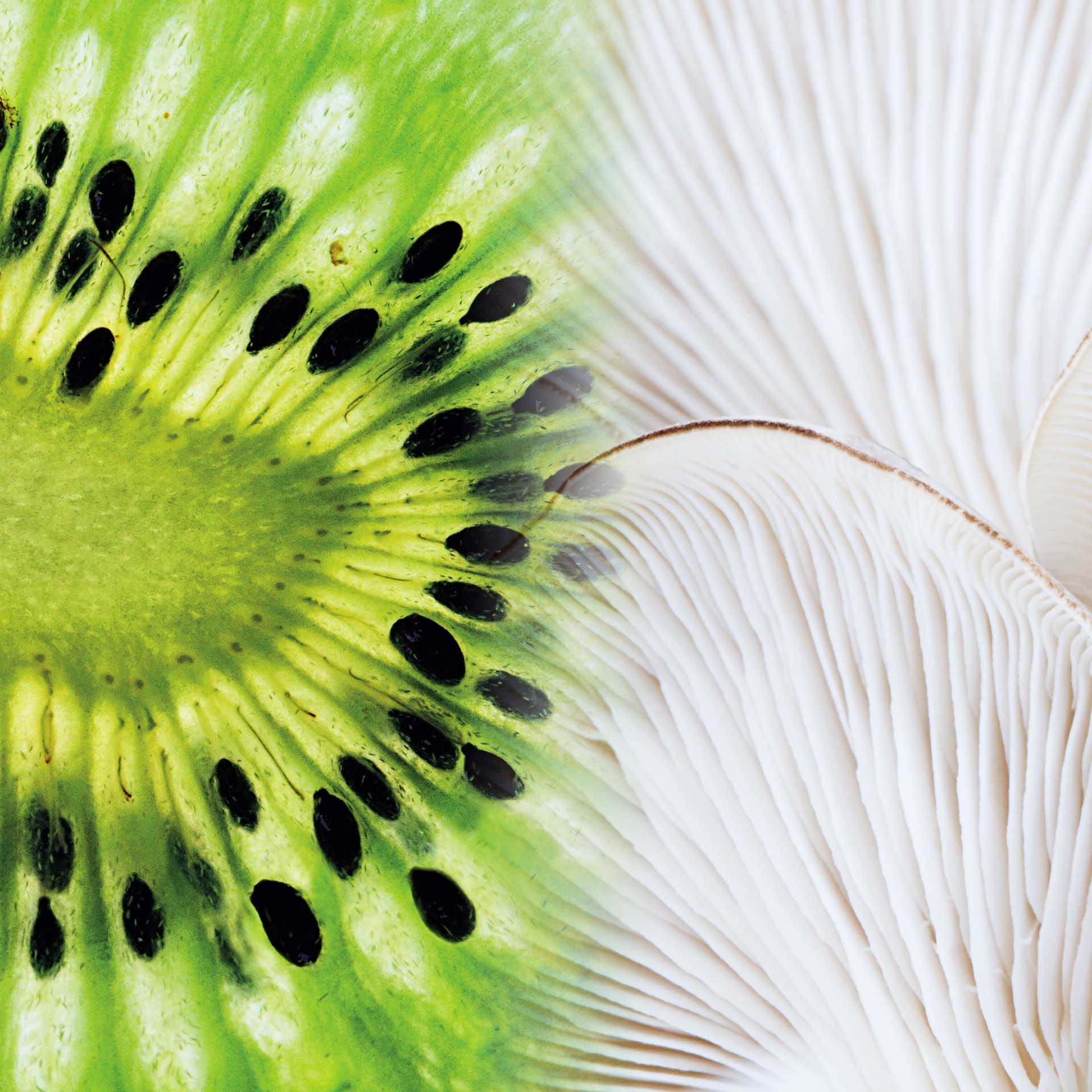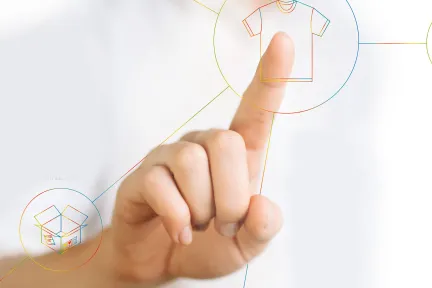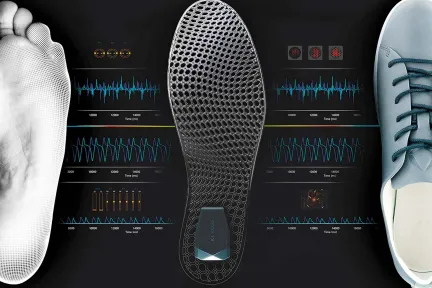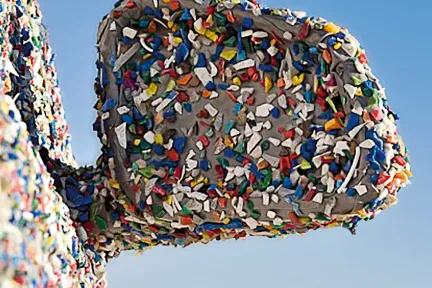Never mind the bottle…
In October 2018 in Paris, a three-day hackathon took place to create sustainable cosmetic products within carefully curated experiences.
The projects encompassed the container, the content and the distribution model, bringing together customer and product, subject and object within carefully curated experiences.
The LVMH-sponsored Cosmetic Valley hackathon, which took place as part of the Cosmetic-360 trade fair in Paris from October 15-18, 2018, had the aim of bringing together students and scientists with marketing, 3D design and media specialists to come up with innovations in the body care sector. Eight teams with a total of 47 people took part. All teams used the 3DEXPERIENCE CLOUD platform, including NETVIBES to identify social trends and CATIA Design to develop ideas for their products, design them and prepare them for production. At the end of the project, the containers they designed were 3D printed, giving physical form to the teams’ ideas.
Connected bottles
The winning project, entitled JUNE, was devised by a startup called Petites Essentielles and was no fluke. The team held 700 meetings, visited 200 pharmacies and consulted approximately 100 experts. Its findings show that 90% of people want more natural ways of meeting their health and beauty needs and would like to make greater use of aromatherapy and essential oils. The problem is that people don’t know enough about the oils’ therapeutic properties to be able use them in an entirely safe way. June’s solution is “a new cosmetics experience” based on accurate analysis that takes into account each person’s preferences and medical history, resulting in a personalized, ready-to-use product that is delivered to customer’s door. Central to the concept is the JUNE connected bottle, made from glass and recycled aluminum, which provides a personalized analysis through a microbalance and a computer chip, combined with a mobile app. The bottle sends notifications to users about the daily amount of product they can use.
The bottle’s design is heavily inspired by nature. Its shape is inspired by the flower of the magic dogwood, a plant that symbolized protection for the Cherokee people, a Native American tribe that thrived in portions of what is now the United States.
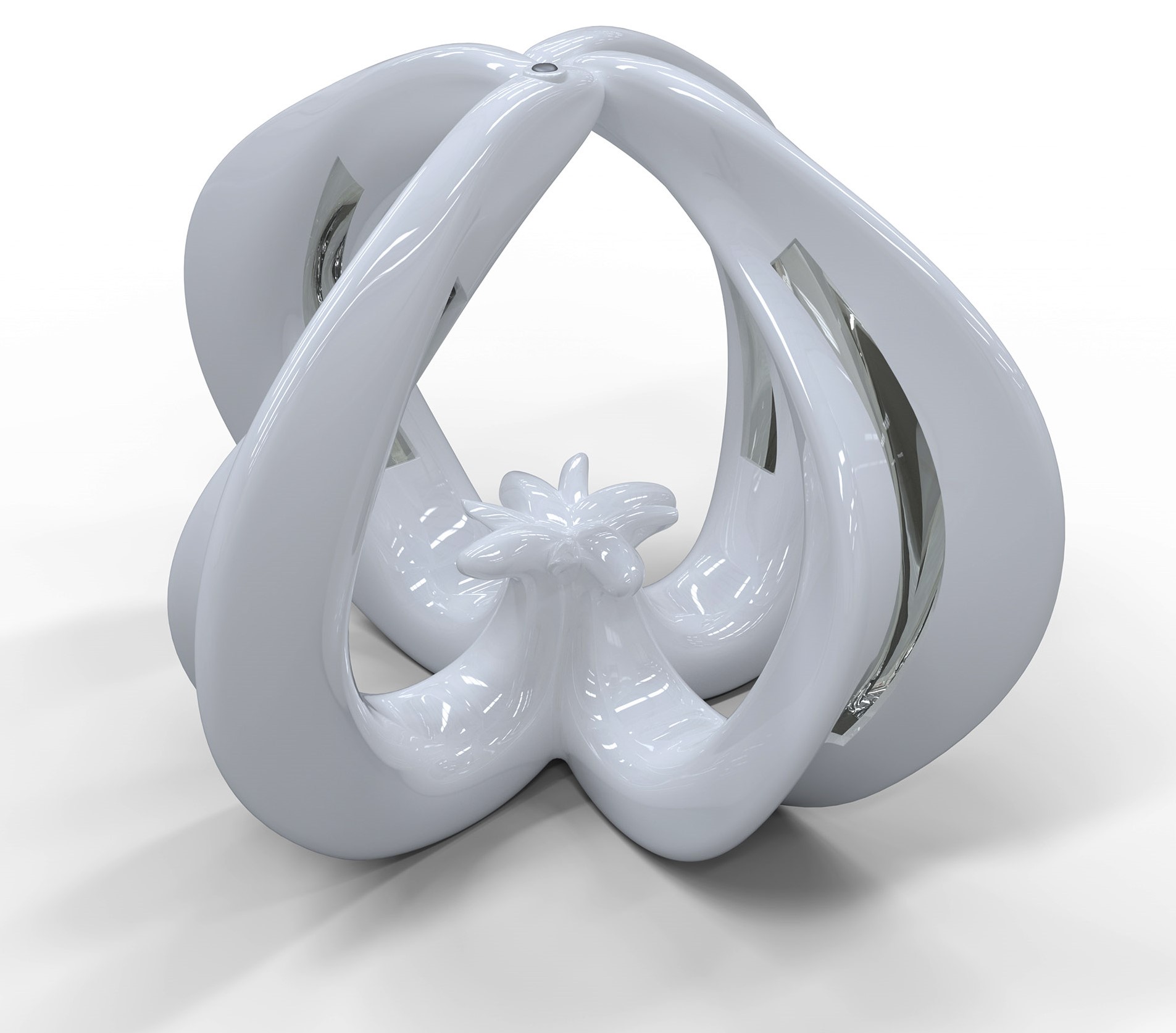
Like a fine wine
The Fresk project won the jury’s special award for its living fragrance concept. Fresk seeks to reflect each user’s personality, complexity and authenticity through fragrance. A 3D-printed membrane consisting of natural fibers allows the fragrance to mature over time, like a fine wine. The bottles are displayed in store in cabinets made of wood and recycled materials, which can be easily dismantled. When visiting the store, users complete a digital questionnaire, stating their habits, tastes, opinions and values. A simulated scent suited to their personality is then produced. Finally, they are presented with a set of digital images from nature, which they use to select the shape of their reusable bottle. The bottle is then 3D-printed with two possible finishes (walnut or granite). With all due respect to Musset, who famously said “never mind the bottle, as long as you’re intoxicated,” the former is now just as important as the latter.
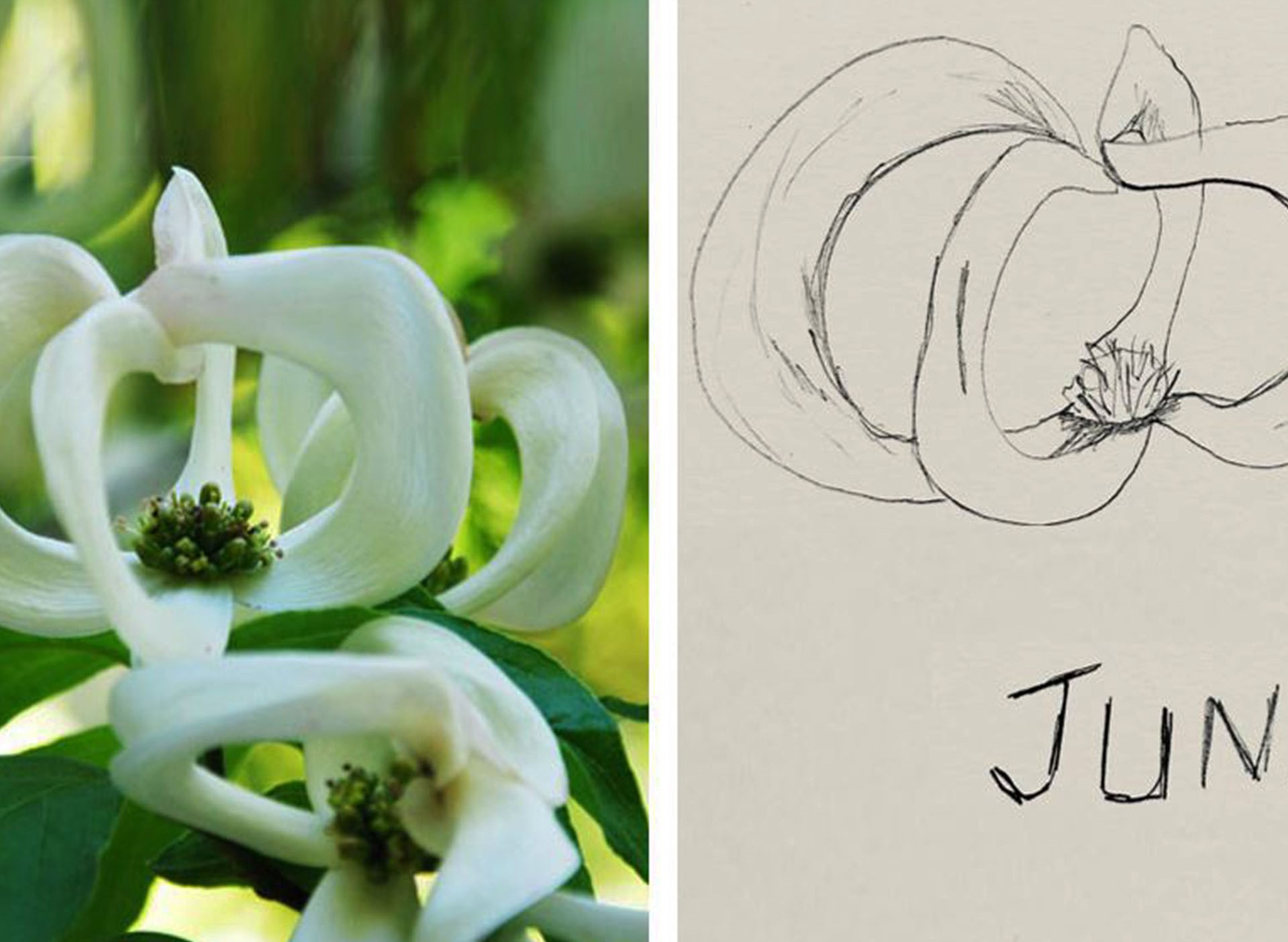
Magic Dogwood
(cornus florida urbiniana): this plant is highly prized for its large leaves and especially its white bracts – modified leaves in the shape of a flower – that clasp together to create a shape reminiscent of a Chinese lantern.
